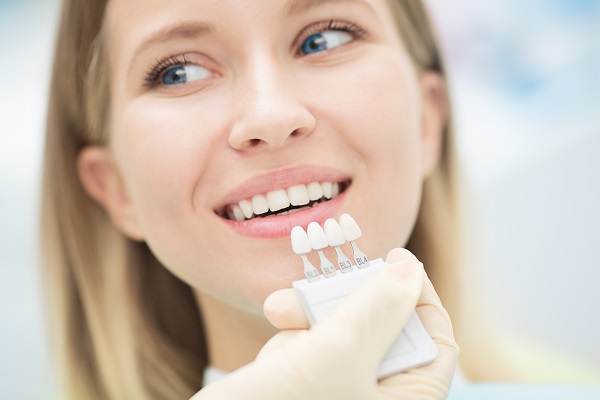Are There Any Cons To Dental Bonding?

In Michigan, dental bonding is a popular treatment. The procedure involves using tooth-colored resin to fix chipped teeth, discoloration, and various other dental problems. You can opt for the procedure even if you do not experience any functional issues with your teeth and simply want to change the shape or color.
However, before undergoing any treatment, it is beneficial to know how it can negatively affect you. Weighing the pros and cons helps you make an informed decision. Whatever your reasons for dental bonding may be, do not forget to discuss them with a dentist at cosmetic dentistry in Lansing, MI, to know what is right for you.

Pros
Here are the advantages of dental bonding
- Dental bonding looks natural
When dental bonding is applied to a tooth to repair it, your dentist ensures that its shade matches the color of your natural teeth as much as possible. Therefore, people are not able to tell whether you have undergone a treatment. You can smile and speak confidently without worrying about people noticing your dental bonding.
- Dental bonding can be done in one day
For some dental procedures, it takes several trips to the dentist. However, dental bonding is not one of those. Moreover, when you chip or break a tooth, it becomes important to repair it immediately on the same day. For this, dental bonding is the best option. It can be placed immediately and takes only one appointment. You can return back to work on the same day itself.
- Dental bonding is inexpensive and easy
The procedure of dental bonding is not a complex one. Thus, it can be done easily and within less time. Moreover, it is also not expensive. Dental bonding is much more affordable than treatments like dentures and dental implants.
- Dental bonding makes it easy to take care of the tooth
After dental bonding, you do not have to add extra steps to your dental care routine to ensure the tooth remains alright. Simply brush and floss your teeth as usual and visit your dentist at least once or twice a year. There is no specific regime necessary for bonding.
- The bonding material is non-invasive
It is easy to get scared upon hearing the term “dental treatment.” However, dental bonding is a completely non-invasive technique. It does not require you to go under the knife or other extreme procedures.
For example, to get dental veneers, a part of your tooth must be shaven off. Once the enamel is taken away, it cannot grow back. So, it is understandable why people may feel scared.
However, in dental bonding, only a small part of the tooth surface is roughened. This is done so that the bonding material can be applied and remains intact.
Cons
There are some disadvantages of dental bonding as well. The main disadvantage that affects most people is the durability and longevity of the material. The bonding material is applied to only a small part of the tooth. Therefore, crowns are considered to be more reliable.
The bonding material may start wearing down with use. Once it does, people will be able to tell the difference between the material and your actual tooth. The bonding materials can also chip or break off your tooth. Therefore, it is advised not to bite your nails or chew on hard items, such as ice.
Due to these downsides, most dentists only recommend dental bonding for cosmetic concerns. If you have functionality problems, you should not rely on dental bonding alone and go for a more reliable and durable solution.
Visit a Dentist
You can speak with an experienced dentist to figure out what your possible options are. Schedule an appointment today!







